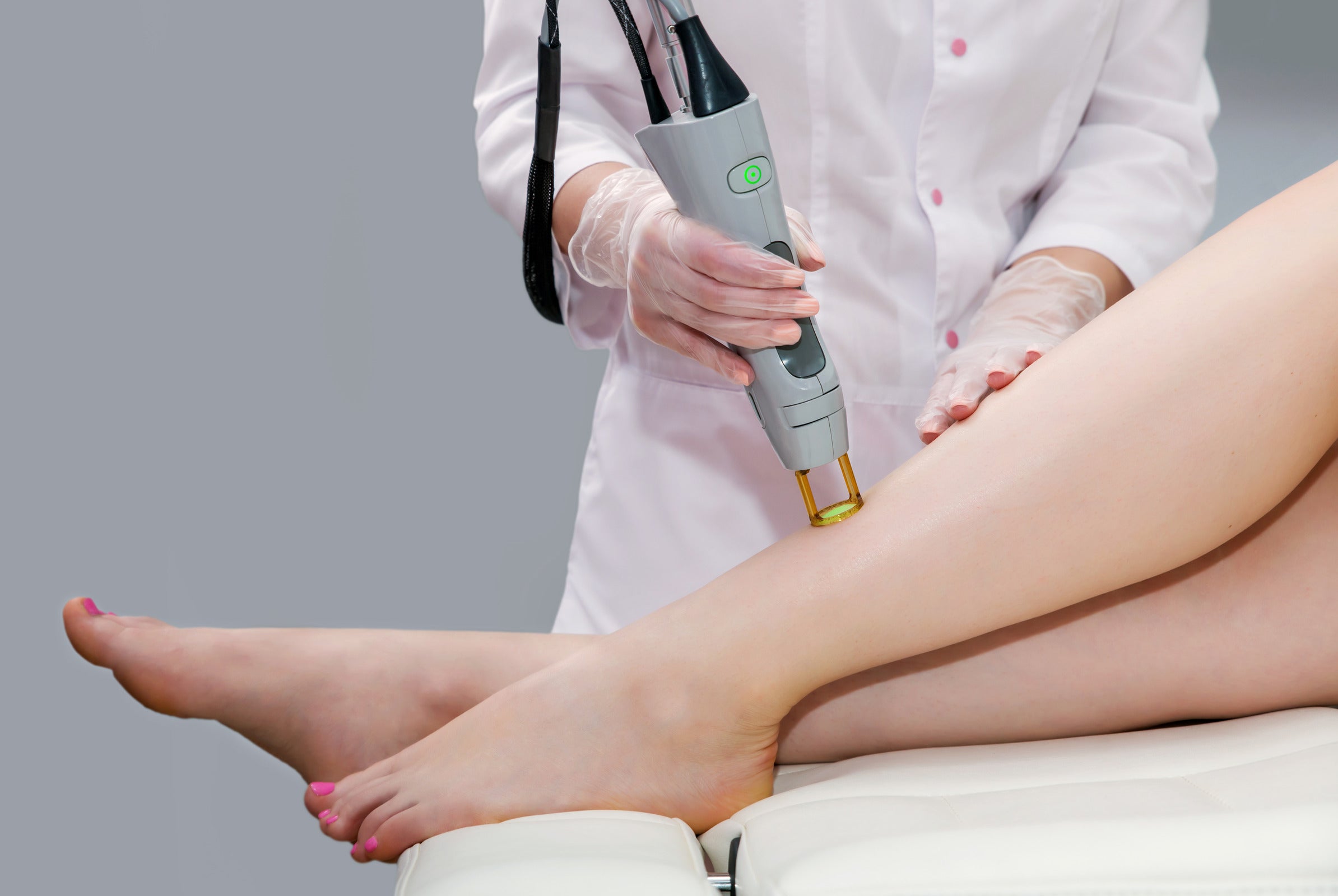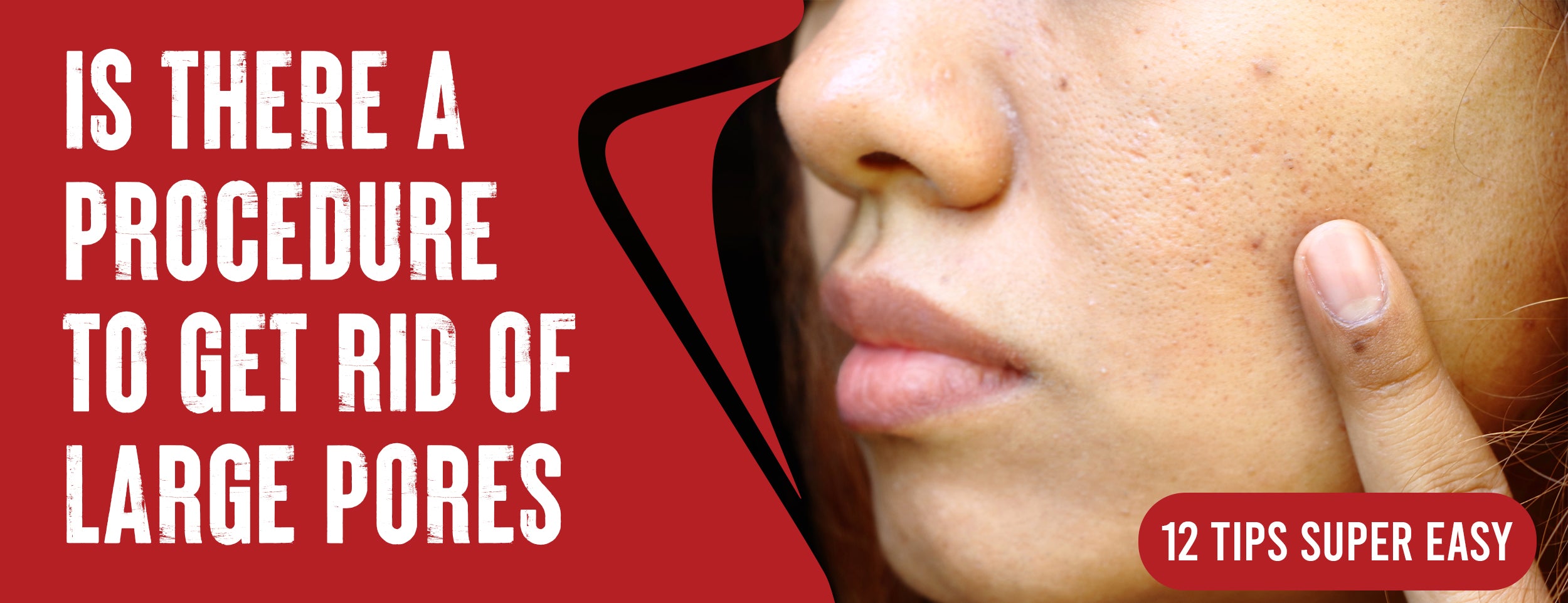Hair electrolysis does not cause severe complications if done correctly. There are some risks, such as faulty techniques, skin conditions, or systemic disorders.
The most common side effects are redness, swelling, blisters, scabs, dryness, and ingrown hairs. Skin edema is the most common complication of electrolysis.
Electrolysis may lead to scarring, keloids, and skin color changes. Electrolysis scarring is an infrequent occurrence. Post-treatment side effects include redness, inflammation, and tenderness, but they are temporary.
In this blog post, we will explain whether electrolysis causes scarring, the factors contributing to scarring after electrolysis, and tips for preventing and managing electrolysis scarring.
Does Electrolysis Cause Scarring: 5 Reasons

A common concern about electrolysis for hair removal is whether it causes scarring. Electrolysis is a safe procedure, but certain factors can cause skin complications. The following factors contribute to scarring caused by electrolysis:
Inappropriate Technique
The way electrolysis is performed significantly affects whether it causes scarring. An inappropriate technique can lead to unnecessary damage to the skin.
- An untrained or inexperienced practitioner may insert the needle too deep or at a different angle, causing damage to the skin.
- Incorrect settings on the electrolysis machine can also lead to burns or scarring.
- A certified and experienced electrologist must ensure the procedure is performed correctly.

Skin Reaction
Everyone's skin reacts differently to treatments like electrolysis. Some people might experience adverse reactions that can lead to scarring,
- Some people may be allergic to the topical anesthetic used during the procedure.
- Others might have a more general skin reaction to the electrolysis, such as excessive redness, swelling, or even blistering, leading to scarring.
- If you're prone to keloids (a type of raised scar), you may be at a higher risk of scarring from electrolysis.
Scabbing
The healing process involves scabs after electrolysis. However, if not correctly cared for, scabs can lead to scars.
- Picking at or scratching scabs can cause them to reopen, leading to a longer healing process and potential scarring.
- Clean and moisturize the area to prevent scabbing.
- The treated area should not be exposed to the sun, which can delay healing and leave scars.
Poor Aftercare
You need to take care of your skin after electrolysis to prevent scarring.
- Neglecting to follow aftercare instructions can lead to infection, which increases the risk of scarring.
- It's essential to clean the treated area gently but thoroughly and to avoid harsh skincare products.
- Keeping the area moisturized can also help prevent scarring. Use a gentle, fragrance-free moisturizer.
Excessive Erythema or Swelling
Some redness and swelling are typical after electrolysis. Excessive erythema (redness) or swelling can show an issue that might lead to scarring.
- If redness or swelling lasts over a few days or worsens, it's time to contact your healthcare provider.
- Over-the-counter numbing cream can help reduce inflammation. It's best to talk to your doctor before starting a new treatment.
- Applying a cold compress to the area can also help reduce swelling.
How to Prevent and Manage Electrolysis Scarring: 7 Tips

Scarring can sometimes occur after electrolysis, a method of permanent hair removal. If you take care of yourself and manage it right, you can minimize this risk. Check out these tips for preventing and managing potential scarring from electrolysis.
Avoid Picking Scabs
Picking scabs that form after electrolysis can lead to scarring.
- After electrolysis, small scabs may form in the treated area.
- Don't pick at these scabs. They'll interfere with healing and result in scar formation.
Use Antibiotic Cream
Applying an antibiotic cream can help prevent infection and subsequent scarring.
- Following your electrolysis session, apply a thin layer of antibiotic cream on the treated area for a few days.
- The cream helps keep the skin moisturized and reduces the risk of infection.
Be Gentle to Your Skin
Treating your skin gently after electrolysis can help prevent scarring.
- Avoid rubbing or scratching the treated area.
- Apply soothing substances like aloe vera and vitamin E lotion to the skin.

Avoid Tight Clothing and Jewelry
Tight clothing or jewelry can irritate the treated area and increase the risk of scarring.
- Wear loose, comfortable clothing after your treatment.
- Avoid wearing jewelry around the treated area until it has fully healed.
Protect Your Skin from Sunlight
Direct sunlight can irritate skin and delay healing.
- Stay out of direct sunlight as much as possible after electrolysis.
- Wear a hat or umbrella to shield your skin if you must go outside.
- Sunscreen protects your skin.
Keep the Skin Moisturized
Keeping the skin moisturized can minimize the skin's reaction to electrolysis.
- Apply a moisturizer daily between treatments to keep the skin hydrated and healthy.
- Pick a moisturizer that's gentle and works for your skin type.
Consult a Professional for Persistent Scarring

If scarring occurs and doesn't improve over time, consult a dermatologist or a GP with a particular interest in dermatology.
- A professional can provide treatments, such as Fraxel laser, to reduce the appearance of scars.
- It's crucial to seek professional advice if you have concerns about your skin's reaction to electrolysis.
Conclusion
In conclusion, while electrolysis might lead to scarring, it's infrequent. Your choice of a skilled electrologist, your reaction to the procedure, the after-care routine you adopt, and your skin health all play significant roles in scarring will occur.
Simple measures, such as following care instructions, keeping the area moisturized, and avoiding direct sunlight, can minimize the risk of scarring following electrolysis.
If you notice persistent scarring, consult a dermatologist. Remember, electrolysis is a secure procedure that can deliver excellent results. It's all about educating yourself, setting realistic expectations, and following aftercare guidelines to ensure smooth, hair-free skin with minimal risks.

![The 6 factors that cause scarring [7 tips to prevent and manage it]](http://drnumb.com/cdn/shop/articles/Does_Electrolysis_Cause_Scarring__5_Reasons_7_Prevention_Tips.jpg?v=1713357293&width=1100)





![The Cost of Full Body Electrolysis: 4 Factors and 5 Costs [with 3 Alternatives]](http://drnumb.com/cdn/shop/articles/How_Much_Is_Full_Body_Electrolysis_4_Factors_Cost_Efficiency.jpg?v=1713417391)



